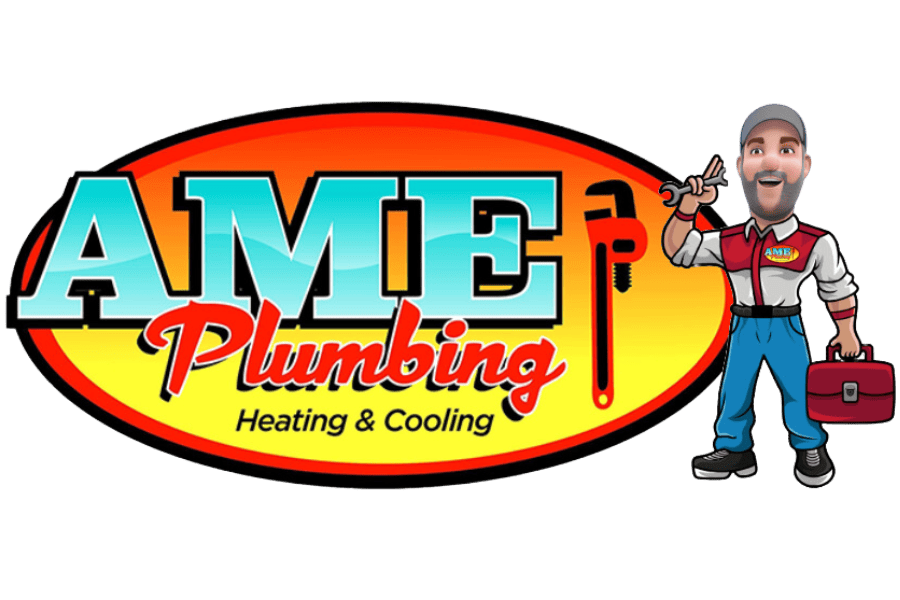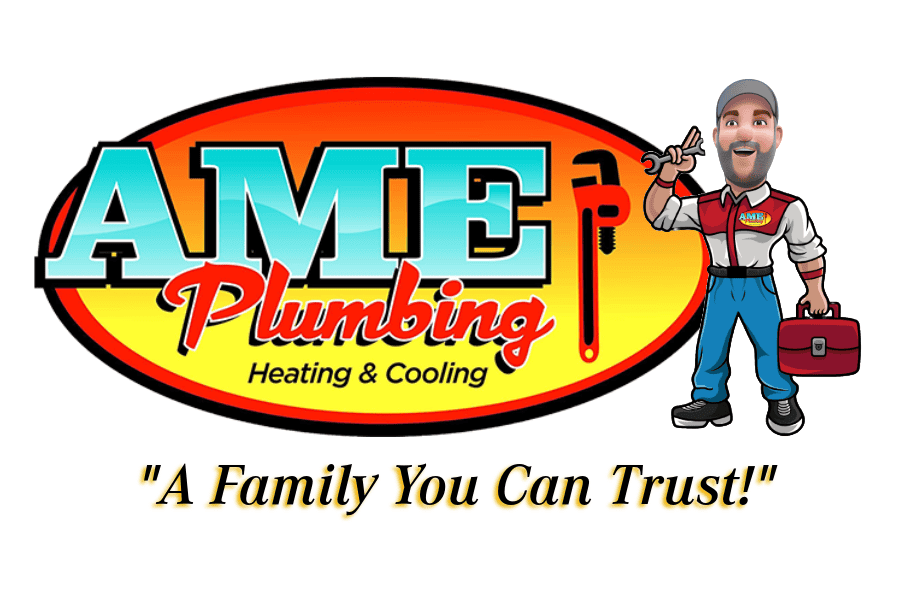Summary:
Common Furnace Problems That Strike During Winter
Dealing with a gas furnace breakdown in the middle of winter in Ocean and Monmouth County, NJ is nobody’s idea of a good time, but it does happen. Understanding what typically goes wrong can help you spot trouble early and avoid a complete breakdown when you need heat most.
Some telltale signs include frequent repairs, sky-high energy bills, uneven heating, and strange noises. These aren’t just minor inconveniences—they’re your furnace’s way of telling you something needs attention before it becomes a bigger, more expensive problem.
The reality is that as the temperature drops and the demands on your system increase, you’re more likely to encounter issues. These are seven of the most common problems you may experience during the coldest months of the year.
Strange Noises Coming From Your Furnace
Notice strange noises coming from your furnace? While no furnace runs in complete silence, sudden banging, grinding, rattling, or high-pitched squeaking sounds are your system’s way of waving a red flag. These sounds aren’t something to ignore or hope will go away on their own.
Unusual noises typically indicate issues like loose components, a worn-out or failing motor, ignition problems, or damaged belts—all of which require immediate attention from a residential furnace repair expert. What starts as an annoying rattle can quickly escalate into a complete system failure if left unchecked.
For example, a strange noise coming from your furnace may be a sign of a loose belt or worn-out parts. Ignoring it could result in complete system failure, which is much more costly to repair. Timely repairs help prevent these small issues from turning into large, expensive headaches.
Different sounds point to different problems. Banging might indicate loose ductwork or a problem with the heat exchanger. Grinding sounds often signal motor bearing issues. Squealing typically means belt problems. A qualified technician can quickly diagnose whether that concerning rattle is a simple fix or a sign of a bigger issue, potentially saving you from costly emergency repairs when winter is in full swing.
The key is acting quickly. Those pops, squeaks, and creaks you hear coming from the furnace might be a warning sign that something is out of place. A piece inside may have gotten loose, so it’s important to have the unit checked out by a trained professional. It often just takes a simple tightening of all the bolts to set it back to normal.
Your Furnace Blows Cold Air or Won't Heat Properly
Nothing’s more frustrating than cranking up your thermostat only to feel cold air coming from your vents. Notice cold air coming from your vents instead of hot air? This could indicate a problem with your heating system or a malfunctioning thermostat. This problem can stem from several different causes, and identifying the right one is crucial for getting your heat back.
If your furnace isn’t producing warm air, it could be due to a cracked heat exchanger, a faulty gas valve, or clogged air filters. Air filters are often the culprit—when they become clogged with dust and debris, they restrict airflow and can cause your system to overheat and shut down as a safety measure.
A dirty and clogged HVAC filter can lead to a host of issues. Clogged filters reduce the air intake into your system, which can cause it to strain, leading to inefficient operation and high energy costs. In some cases, a dirty air filter can cause the system to shut down completely to avoid overheating.
Thermostat issues are another common cause. If your furnace isn’t turning on or responding to the thermostat, there might be an issue with the electrical system or the furnace’s pilot light. Sometimes it’s as simple as dead batteries in your thermostat, but other times it indicates wiring problems or calibration issues that need professional attention.
More serious problems include pilot light issues or ignition system failures. Pilot lights can flicker and fail for two primary reasons. Drafts are the leading cause. Ensure the vent cover is attached correctly and that any drafts in the furnace room are sealed. Similarly, clogged or damaged flame sensors can cause a pilot light to go out. When the flame sensor is dirty or damaged, we recommend prompt cleaning and replacement.
If you’re experiencing uneven heating throughout your home, when it feels like you’re walking through different temperatures as you move from one room to the next, your furnace may be struggling to distribute heat evenly and needs residential furnace repair. Ignoring these temperature inconsistencies can force your furnace to work harder than necessary, leading to higher energy bills and added strain on your system. Inconsistent heating could stem from something as simple as a dirty air filter or a faulty thermostat.
When to Call for Professional Furnace Repair
While some furnace issues might seem like DIY projects, as long as you choose a qualified HVAC specialist, getting your furnace fixed will be fast and affordable. You may be tempted to diagnose and fix the problem on your own to save cash, but unless you’re trained and experienced, this often ends up costing more. Professionals can diagnose issues that may interrupt the heating cycle, ensuring your furnace operates efficiently.
Certain situations demand immediate professional attention. If you notice a sulfuric or “rotten egg” odor in your home, this could be the cause of your furnace breakdown—and it means that you and your family should leave the house immediately. This indicates a potential gas leak, which is a serious safety hazard.
Call a Professional: It’s crucial to have a professional inspect and repair your furnace to prevent carbon monoxide poisoning. Regular Maintenance: Routine maintenance can help prevent carbon monoxide buildup and ensure your furnace operates safely and efficiently. Carbon monoxide is an invisible, odorless gas that can be deadly, making professional inspection essential for your family’s safety.
Safety Warning Signs That Need Immediate Attention
Some furnace problems go beyond comfort issues and become genuine safety concerns. Here’s a crucial safety tip for older gas furnaces with a pilot light: your furnace’s pilot light should always be blue. A yellow pilot light often signals that your furnace isn’t burning fuel properly, which could mean dangerous carbon monoxide is building up in your home. This is one situation where immediate residential furnace repair could be essential for your family’s safety. While some furnace issues can wait, this warning sign demands prompt professional attention to ensure your home stays both warm and safe through the winter months.
A cracked heat exchanger isn’t something to take lightly; it’s a serious issue that can cause carbon monoxide leaks, posing a significant safety risk to your home and family. Signs of a cracked heat exchanger include unusual smells, soot in and around the furnace’s burners, and a pilot light that is orange or yellow instead of its normal blue color. Installing CO detectors around your home can help detect the presence of carbon monoxide. Solution: If you suspect a heat exchanger crack, it’s crucial to turn off your furnace and contact a qualified HVAC technician immediately for inspection and replacement.
Natural gas makes carbon monoxide, a potentially dangerous substance that seeps from your furnace if it’s not regularly maintained. This is why professional maintenance isn’t just about efficiency—it’s about keeping your family safe.
Other immediate safety concerns include gas odors anywhere near your furnace, visible soot or rust around the unit, and excessive moisture or condensation around your heating system. Never attempt to repair or work with the gas lines leading into your furnace, as this is both dangerous and illegal without the proper license.
If you notice any of these warning signs, don’t hesitate to shut off your system and call for emergency furnace repair. If your furnace breaks down at night or during a holiday, you may have to wait hours or even days for a technician to show up. Now is the time for the safe use of wood stoves and fireplaces, if you have them. Portable space heaters can also make a difference. Make every effort to seal the existing heat inside your home by closing all the windows tight, drawing the curtain, and insulating cracks under the doors with blankets.
Rising Energy Bills and Efficiency Problems
One of the most common and obvious signs your furnace needs repair is that your heating bills are continuously increasing. Poorly maintained furnaces often become less effective and require more energy to run at full capacity. If you’ve noticed your heating costs climbing without a corresponding increase in usage, your furnace is likely working harder than it should to maintain comfortable temperatures.
More than half a million Jersey families in Monmouth, Ocean, Morris, Middlesex, and Burlington counties who get their gas from New Jersey Natural Gas, will see their annual bill increase of more than $240 on average. With energy costs already rising, the last thing you need is an inefficient furnace driving your bills even higher.
A furnace in need of repairs often works harder than necessary to heat your home. This can lead to a spike in energy consumption and, subsequently, higher energy bills. Addressing furnace problems in Monmouth County early on can improve the system’s efficiency, helping you save money on your utility bills while reducing your carbon footprint.
Several factors contribute to decreased efficiency. Dirty air filters force your system to work harder to pull air through, increasing energy consumption. Air filters that become clogged and covered in dust limit airflow, which can make some parts of your home cold. Check air filters frequently, and replace them whenever they look dirty, which could be as often as every month during the winter.
Aging components also reduce efficiency over time. However, an older furnace is going to struggle in this regard, too. On average, the older a furnace gets, the greater the decline in heating performance. The first symptom is hot and cold spots in the home. A young furnace is much better at keeping a consistent temperature.
The good news is that many efficiency problems are fixable with proper maintenance and timely repairs. Lower Energy Bills: A well-maintained furnace uses less energy, saving you money. Professional tune-ups can restore much of your system’s original efficiency, and addressing small problems early prevents them from becoming major energy drains.
Get Your Furnace Fixed Fast in Monmouth County, NJ
Catching these warning signs early can save you from unexpected breakdowns, costly repairs, and any cold winter nights without heat. The key is knowing when to act and choosing the right HVAC professionals for the job.
We’re a local company that understands the heating challenges of Monmouth and Ocean County homes. We pride ourselves on our quick response times. You’ll always know the cost upfront, with no hidden fees. When your furnace needs attention, you deserve service from technicians who understand local conditions and stand behind their work.
Don’t let furnace problems leave you in the cold this winter. Whether you’re dealing with strange noises, uneven heating, or rising energy bills, we have the experience and expertise to get your system running efficiently again. Our team is ready to help you stay warm and comfortable all season long.





